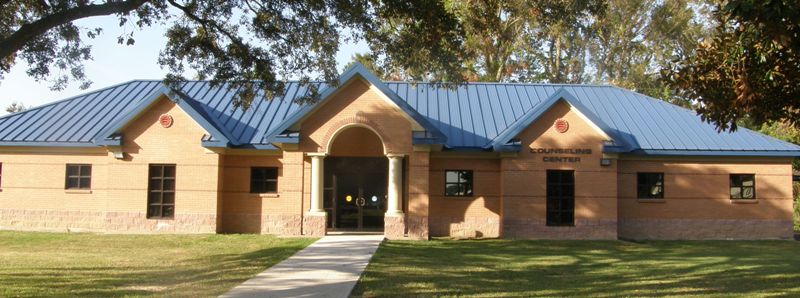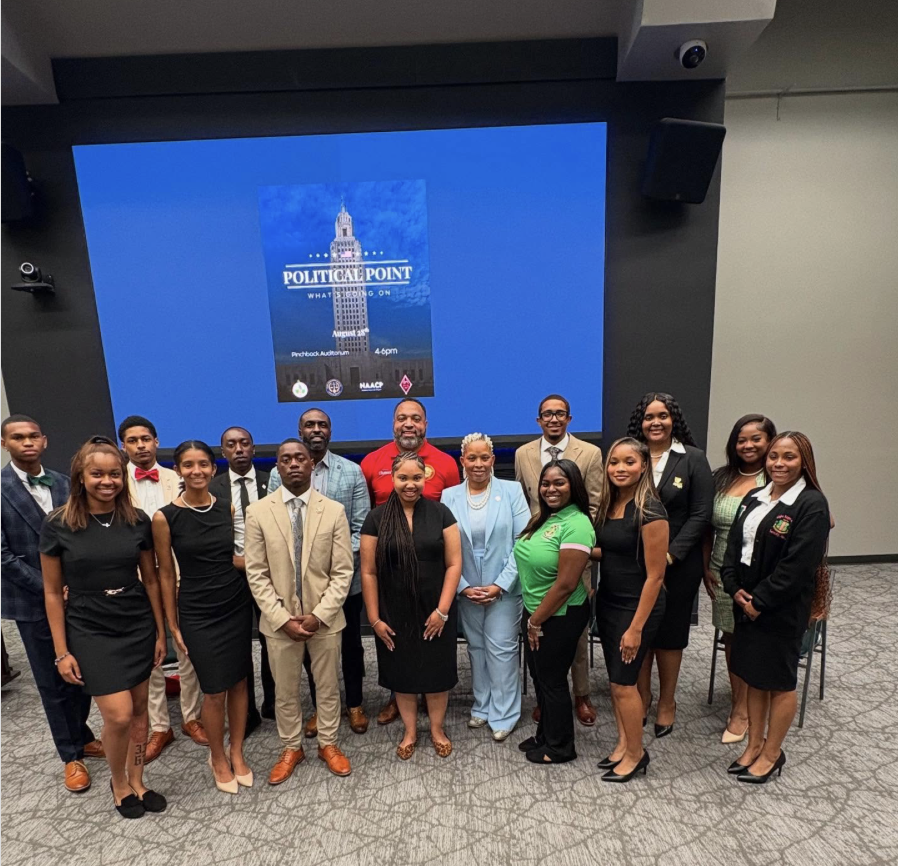NEW ORLEANS — “The New State of HBCUs” is addressed during My Bayou Classic Empowerment Exchange Friday; funding, programs and changes for higher education system among the discussion.
CNN anchor and special correspondent Soledad O’Brien moderated the panel that featured Southern University System President Ronald Mason, Grambling State University President Frank Pogue, National Association for Equal Opportunity in Higher Education Executive Director Lezli Baskerville and state Rep. Patricia Smith (D-New Orleans).
Suggestions and discussions included the need for a new business model in higher education, mergers/consolidations, STEM programs, investment, alumni contributions and addressing the issues at hand.
“My biggest fear is having grown up in institutional segregation, we could easily return to where we were. I marched with Dr. King as a student at Alabama State. The issues then were nowhere near as “bad” as they are now. We are loosing generation after generation. We are loosing our communities. All of those things are impacting our community and achieving our mission,” Pogue said.
Baskerville discussed the return on investment in HBCUs.
“HBCs have proven to be the best return on it’s investment. HBCUs are preparing the workforce for tomorrow. The community is energized and in the position to continue,” Baskerville said.
Mason urged that we redefine the conversation of black people in America.
“We have to redefine the conversation about the condition of black people in America. Either we are born flawed or there’s something wrong with America. We have to do what’s necessary to deal with (Thomas Jefferson’s) the Wolf,” Mason said.
O’Brien opened the discussion asking each panelist to make an opening statement and share their opinion of where HBCUs are now.
“The business model made in the 1800s may have worked then but, is bad for today. We have to change the Wolf model,” Mason said.
Smith continued, mentioning the current situations in Louisiana and the country at large.
“There are serious situations faced across the country. We have issues, I feel our governor is trying to change the course and face of HBCUs in Louisiana. Do we need reform? Yes. We as people must stand up and support our institutions,” Smith said.
Baskerville discussed the statistics of the reality for many people of color, the consumers of the HBCU education.
“At a time when this nation has a 54 percent loss of wealth. Foreclosures are skyrocketing and economies are experiencing a loss of hope. These are dire times for the community, America, and the globe. HBCUs are engines in their communities. Driving their communities. HBCUs are needed more today than ever,” Baskerville said.
Pogue addressed the mission of HBCUs and his opinion of how they are doing.
“I recognize that HBCUs are doing what they are supposed to be doing. We need to prove that with good sound data. We were founded for the same reason other institutions were founded. What we profess as a mission and we have to get beyond ourselves. There are thousands of examples of how productive our schools are,” Pogue said.
O’Brien posed the question of whether the 105 current HBCUs should be considering merging or consolidation in this economic atmosphere.
“60 percent of all students seeking a degree are not getting a 4-year degree. That’s a problem. The cost of college is escalating, we need to look at a new business model,” Baskerville said.
Pogue brought integration and the consideration of the ability to attend predominately white institutions into the merging debate.
“Integration has not been as kind as we thought it would be to HBCUs. Merging/closing of HBCUs should not hinge on the ability to attend whit institutions,” Pogue said.
O’Brien asked panelists to suggest their solutions for the new business model.
“We need to grow and protect ourselves from within. The attempt to close HBCUs is nothing new. Our future as HBCUs must not hinge on economic downturns,” Pogue said.
Mason talked about his centralized approach at Southern and what unifies the HBCUs.
“We all have one thing in common. We are a reflection of the people who we serve. That is a challenge with less access to wealth. The best approach is a system approach. At Southern we are able to centralize services. The future is to find ways not to merge but, work better,” Mason said.
Smith talked about the SUNO/UNO merger and how the tone is set by the previous decisions in the legislature.
“We dealt with the proposed merger of SUNO and UNO. A number of individuals felt they should go forth with the merger, they felt the SUNO population was not graduating. I felt it was being rushed. It had not been thought through. Merging any university sets the stage for the next merger. The merger would have began the downfall of the HBCU system in Louisiana.”
Smith continued discussing the SUNO situation and how she anticipates merger discussion.
“SUNO is very different. It takes in students that have been incarcerated to transfers. Of the 200 students recently graduated only 14 were counted in graduation rates based on the way the state calculated rates. Mergers will be a topic that will come up but, there will be a fight. Rather than looking at mergers we need to be looking at a collaborative effort,” Smith said.
Mason added, “They should be celebrated for getting that degree not castigated for the amount of years it took them to get it.”
Baskerville talked about addressing the system in which students come in and come out.
“We need to look at the system and the pipeline. Weigh in and find our niche in this global economy. We need to generate and operate for profit entities,” Baskerville said.
Pogue discussed equality in merger situations.
“We have to be serious about what a merger means. Making sure it is equal across the table,” Pogue said.
Each panelist concluded with whether they were hopeful or not of the future of HBCUs.
Categories:
Panel discusses HBCUs
November 28, 2011
0
More to Discover





